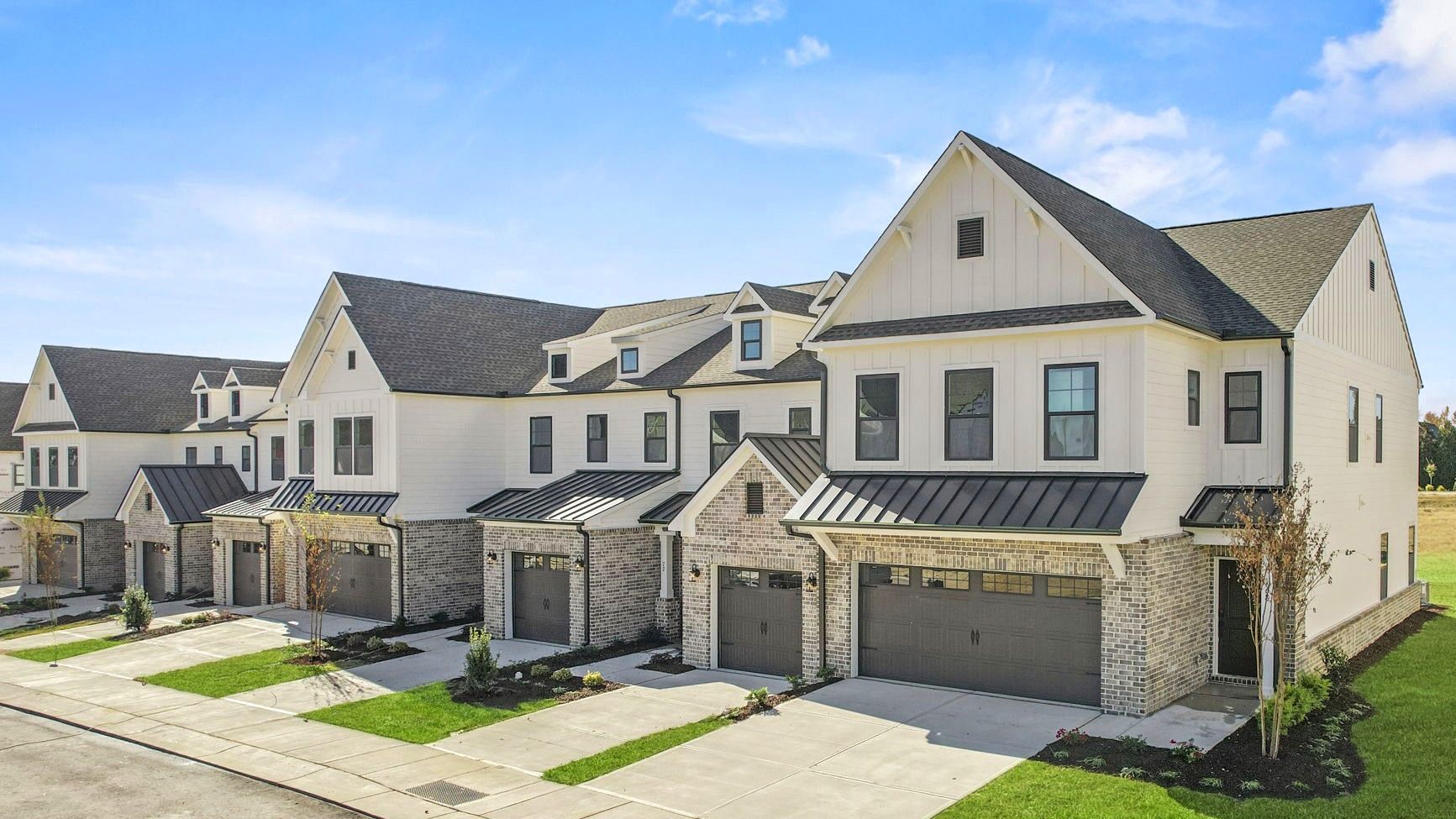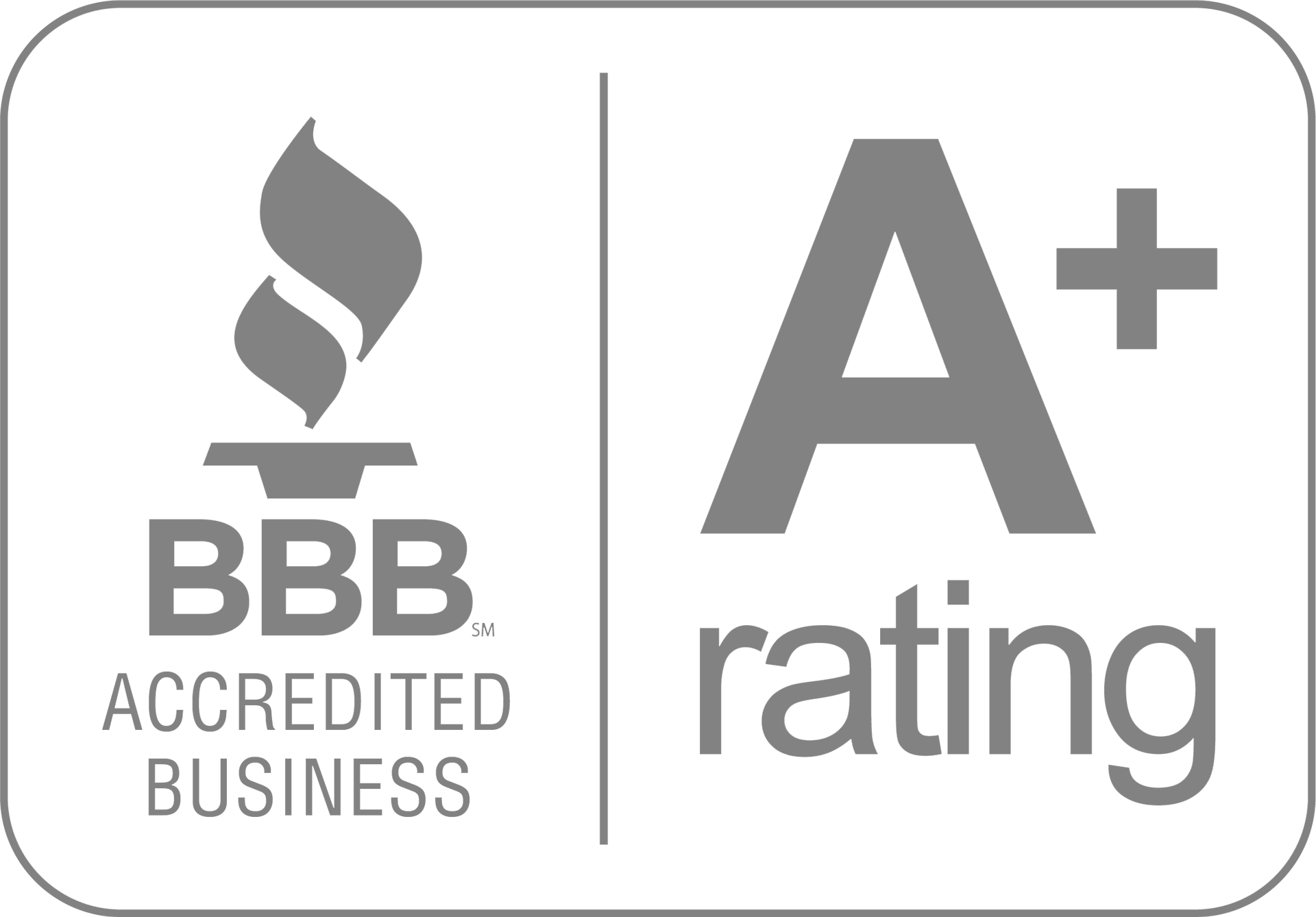How to Buy a House When You're Self-Employed: A Guide to Home Loans for Independent Workers
Can You Buy a House if You're Self-Employed? Absolutely—Here's How
At True Homes, we’re proud to work with many new homebuyers who are self-employed—whether they’re small business owners, independent contractors, or freelancers. If you’re worried that working for yourself could hold you back from qualifying for a mortgage, don’t be! Self-employment doesn’t have to be a roadblock to homeownership—it just requires a bit of preparation and the right guidance.
This guide breaks down exactly how self-employed buyers can get approved for a mortgage and what you can do to set yourself up for success.
What Lenders Look for When You're Self-Employed
When you apply for a mortgage, lenders focus on your ability to repay the loan. This boils down to three main factors:
- Your credit score – A score of 700+ gives you the best shot at favorable rates, though loans are available for lower scores.
- Your income – Lenders need to verify that your business consistently brings in enough income.
- Your debt-to-income (DTI) ratio – This compares your monthly debt payments to your income. Most lenders want to see your DTI below 43%.
Documents You’ll Need to Qualify
To demonstrate your income stability, lenders will typically ask for the following:
- Personal tax returns (past 2 years, including all schedules)
- Business tax returns (if separate from personal)
- Year-to-date profit and loss (P&L) statement, preferably CPA-audited
- Business license or CPA verification of business activity for at least 2 years
- Tip: If you’ve been self-employed for less than two years, you may still qualify if you previously worked in the same industry and can show a consistent career path.
How Lenders Calculate Self-Employed Income
Rather than looking at your latest pay stub (like they would with a W-2 employee), lenders average your taxable income from the past two years and divide it by 24 to estimate monthly income. They subtract your debts—such as car loans, credit cards, and student loans—to calculate your DTI.
Example:
If you reported $90,000 in taxable income over two years, your monthly average would be $3,750.
If your monthly debts total $1,500, your DTI would be 40%—within most loan limits.
Smart Homebuying Tips for Self-Employed Buyers
To make the process smoother and improve your approval odds, consider the following:
1. Separate Business and Personal Finances
Keep your business income, expenses, and tax payments in different accounts than your personal ones. This makes your financial profile cleaner and easier for lenders to assess.
2. Be Mindful of Tax Deductions
While writing off expenses reduces your tax bill, it also lowers your taxable income. Over-deducting could make it appear like you earn less than you actually do—hurting your loan eligibility.
3. Improve Your Credit and Lower Debt
Just like any borrower, a high credit score and low debt load help. Pay down credit cards, avoid taking on new loans, and build savings for a down payment.
4. Talk to a Mortgage Lender Early
Before you start house hunting or visit your first model home, speak with a lender experienced in working with self-employed borrowers. They’ll help you gather documents and pre-qualify based on your unique financial profile.
True Homes Is Here to Help
At True Homes, we’ve worked with many self-employed buyers and understand the unique challenges—and opportunities—that come with financing your dream home. If you’d like personalized advice or introductions to lenders familiar with self-employment scenarios, our team is ready to help.
Your path to homeownership is possible—and we’ll walk it with you.






